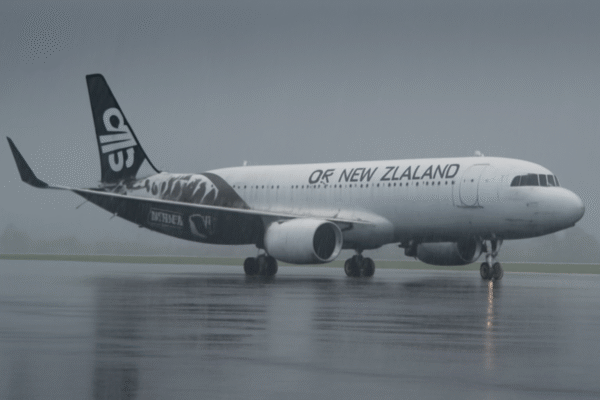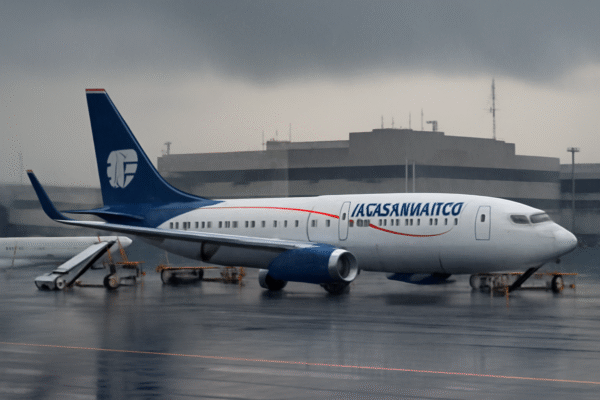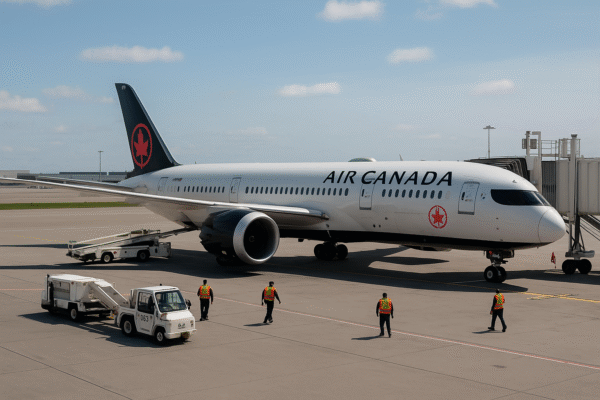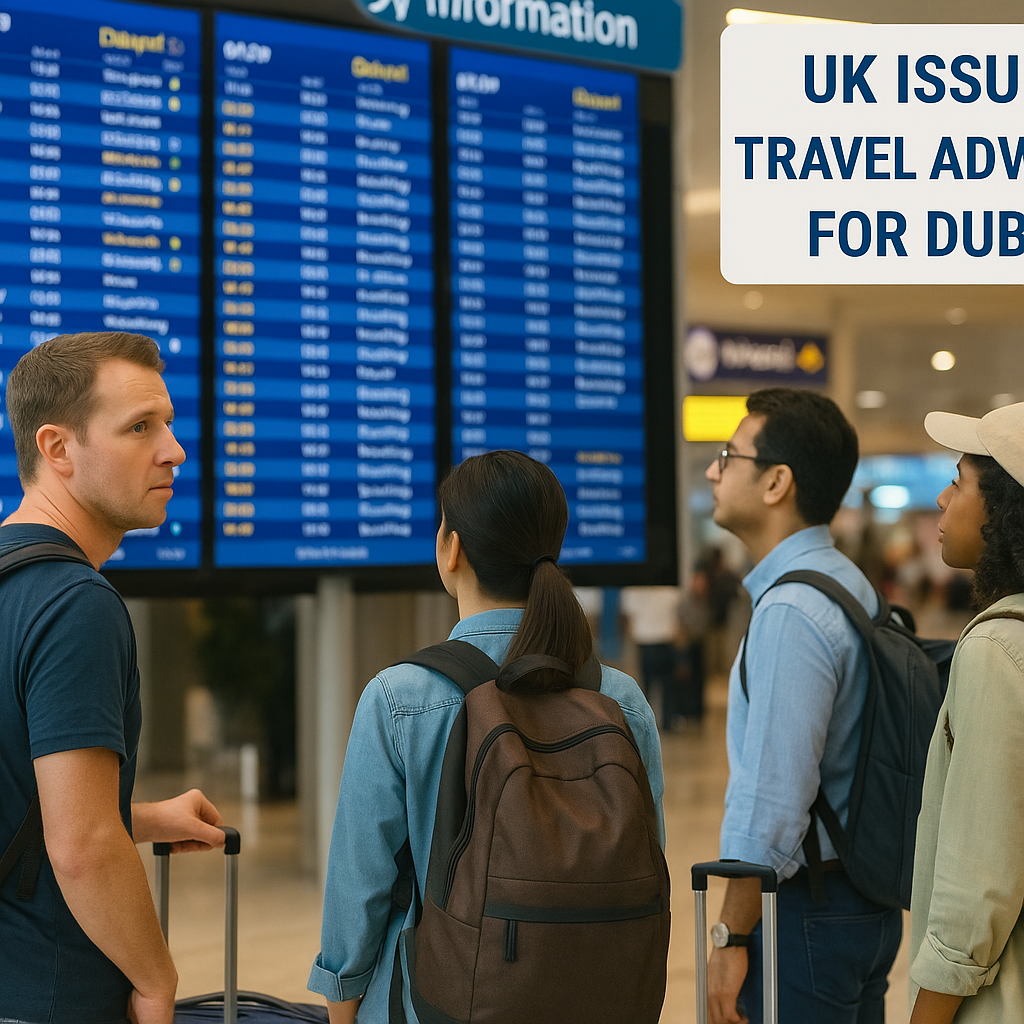The United Kingdom’s Foreign, Commonwealth and Development Office (FCDO) has issued a heightened travel advisory for British nationals heading to Dubai, urging increased vigilance due to ongoing geopolitical tensions in the Middle East. The warning follows a spate of military escalations involving Israel and Iran, which have contributed to temporary airspace closures, sporadic flight suspensions, and growing security concerns throughout the Gulf region.
Dubai, the commercial and tourism capital of the United Arab Emirates, remains a leading destination for British travelers, known for its iconic skyline, luxury retail centers, world-class resorts, and thriving nightlife. However, with the strategic proximity of the Gulf region to active conflict zones, the FCDO emphasizes the importance of being prepared for sudden travel disruptions and maintaining situational awareness.
Flight Disruptions and Airspace Volatility
Several international airlines, including British Airways, Emirates, and Etihad, have been forced to adjust flight routes in recent days due to temporary restrictions in Gulf air corridors. Although operations at Dubai International Airport (DXB) have largely resumed, the aftershocks of regional missile activity and defense alerts have led to residual delays and rerouted itineraries.
Travelers connecting through major hubs such as Doha, Abu Dhabi, and Muscat are advised to check with their airlines for real-time updates and reconfirm flight schedules prior to departure. UK authorities have underscored the potential for further disruptions, particularly if tensions escalate or diplomatic negotiations falter.
UK Citizens Advised to Stay Informed and Prepared
The UK government’s updated guidance calls on all British nationals in Dubai—or planning travel there—to closely monitor both local and international news, remain in contact with their airline or tour operator, and subscribe to alerts via the FCDO travel portal.
In addition, travelers are encouraged to download the UAE’s Al Hosn app, which provides emergency updates and public safety notifications. Registering with the British Embassy in the UAE through the LOCATE service can also ensure timely contact in the event of a crisis.
On-the-Ground Safety Measures
Although day-to-day life in Dubai remains largely unaffected, with tourists still enjoying city attractions like the Burj Khalifa, Dubai Mall, Jumeirah Beach, and desert excursions, the FCDO warns that the situation could change rapidly. Travelers should avoid demonstrations, steer clear of diplomatic or military installations, and follow local authority instructions without delay.
In the event of an emergency, the UAE’s national emergency number, 999, remains the quickest point of contact. British nationals can also reach out to the UK consular services located in the British Embassy in Abu Dhabi or the British Consulate General in Dubai for support.
Healthcare and Travel Insurance Advisory
The advisory also emphasizes the importance of securing comprehensive travel insurance, including medical evacuation coverage, before arriving in Dubai. While the UAE boasts advanced healthcare infrastructure, the UK government notes that travelers with pre-existing conditions or specialized medical needs should ensure adequate support is available in the region.
Insurance policies should be reviewed carefully to confirm coverage related to political instability or regional conflict. Standard insurance packages often exclude “acts of war” or related scenarios, which may impact claims arising from delays, cancellations, or medical emergencies linked to unrest.
Strategic and Military Considerations
Adding to the urgency of the advisory is the region’s strategic significance. The UAE is home to critical international military operations, including U.S. and UK presence at Al-Dhafra Air Base. While these installations do not directly affect tourism zones, their proximity can influence airspace management and security levels in emergency scenarios.
Military alerts earlier this month briefly disrupted flight activity around the Gulf, underscoring the importance of preparedness even in destinations considered traditionally safe.
Tourism Still Active But Caution Remains
Despite the warnings, Dubai continues to welcome millions of tourists, including from the UK. Hotels, shopping centers, and cultural venues remain open and fully operational. However, British officials stress that travelers should not be lulled into complacency by the city’s calm atmosphere.
“Dubai is open, but travelers should approach the situation with caution and preparedness,” said a spokesperson from the FCDO. “A peaceful city can still be affected by its regional context.”
Government Guidance and Exit Planning
Before traveling, UK citizens are urged to:
- Register travel plans with the FCDO’s online portal.
- Carry digital and physical copies of their passport, visa, insurance, and medical documents.
- Have a contingency plan in place for emergencies, including alternative flights and accommodation.
The UK government has committed to maintaining regular updates via its travel advice pages and encourages citizens to check guidance daily. In case of serious incident escalation, evacuation protocols may be activated, coordinated in partnership with UAE authorities.
Conclusion
As tensions in the Middle East remain fluid, the UK’s advisory underscores a balanced message: Dubai remains a viable travel destination, but British citizens must take proactive steps to stay safe. With fluctuating airspace conditions, potential conflict spillover, and operational complexities, a well-informed and flexible approach to travel is essential.
The FCDO’s alert is not a call to avoid Dubai but a call to approach travel with caution, preparedness, and a clear understanding of the evolving security environment in the Gulf region.



















